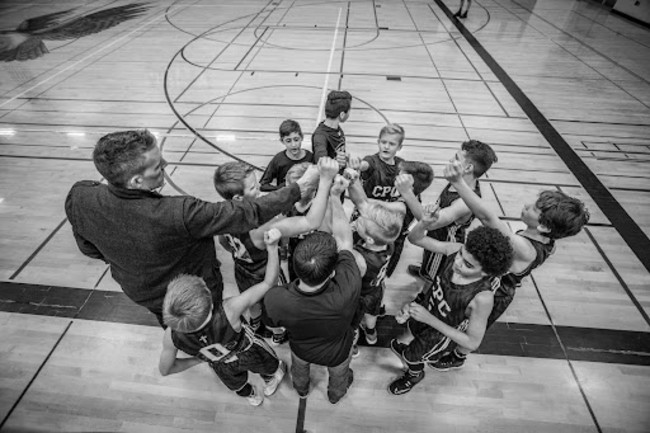
A basic component of good coaching that greatly affects team and individual performance is developing rapport and trust with athletes. A good relationship helps athletes feel safe, appreciated, and driven to realize their best potential.
Coaches provide open communication, attentive listening, and empathy as top priorities to help athletes express themselves and take calculated chances in a supportive environment.
Coach knowledge and involvement can be improved by including clear feedback and nonverbal communication strategies, therefore producing a more unified and competent team. This all-encompassing approach fosters physical growth and a sense of belonging – qualities necessary for long-term success.
Building Trust and Rapport with Athletes
Developing an environment that supports progress and improves performance depends on forging close relationships with sportsmen. Open and honest communication should be coaches’ top priorities; they should also pay close attention to athlete comments and worries.
Combining sports digital asset management technologies helps to simplify communication even further by guaranteeing effective management of all interactions and necessary data access.
Coaches create stability and belonging by demonstrating interest in their athletes’ lives both on and off the field. Regular, pleasant encounters help athletes develop trust and feel free to express themselves and take chances.
This encouraging environment increases team performance and inspires athletes to surpass their expectations, knowing their coach sees their potential.
Providing clear and direct feedback
Athlete improvement depends on receiving particular, useful criticism. Coaches should emphasize clarity as they guarantee that their teachings are simple and understandable.
Coaches can help athletes achieve their objectives by stressing both areas of strength and areas for development, therefore avoiding uncertainty or discouragement. Giving early comments helps athletes make changes while the experience is still fresh in their minds.
Promoting two-way communication can also improve comprehension since athletes feel free to ask questions and seek explanations, which finally helps to improve performance and development.
Active listening and empathy
Good coaching depends on a knowledge of athletes’ points of view. Coaches should be taught active listening, which means totally focusing on what the athlete is saying instead of only waiting for their chance to speak.
This strategy shows real concern for the athlete’s opinions and feelings and helps to build closer relationships. Coach responses with empathy help athletes feel supported and understood, therefore validating their experiences.
This improves communication and motivates sportsmen to discuss their difficulties and achievements freely, strengthening the team.
Utilizing nonverbal communication techniques
During coaching sessions, body language is quite important for expressing ideas and feelings. By being aware of their posture, facial expressions, and gestures, coaches can improve their communication and support either spoken messaging or more background.
While an open posture can help to create an inviting environment, maintaining eye contact indicates attention and builds trust.
Using nonverbal signals, such as thumbs up or nodding, can inspire sportsmen and increase their confidence. Combining these approaches will help coaches create a more interesting and motivating atmosphere that appeals to athletes in several spheres.
Conclusion:
Developing rapport and trust with athletes is a complex strategy that greatly influences their performance and growth. Coach open communication, clear feedback, active listening, and good nonverbal clues are top priorities to help players feel appreciated and understood.
This encouraging environment improves personal development, group drive, and cooperation. Athletes who feel close to their instructors and confident in their talents are ultimately more inclined to push their boundaries and realize their full potential, therefore producing more success both on and off the field.
Also Read:
